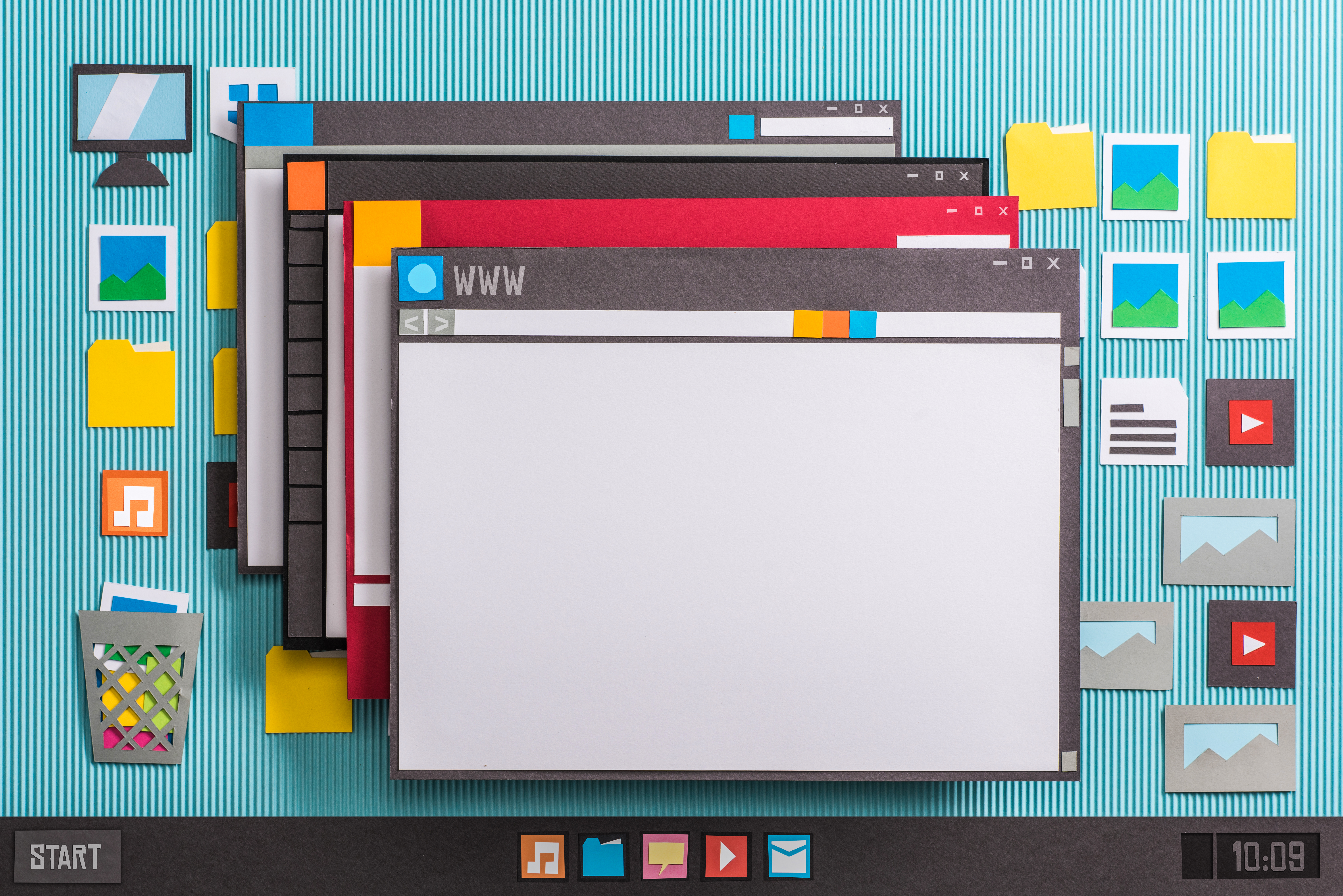I got a question from a reader asking if “compressing images would reduce website loading time the way compressing text like CSS does”. The important thing to keep in mind here is that most common Web image formats, like PNG, JPEG, and GIF are compressed image formats. Adding Gzip compression won’t make them smaller. That doesn’t mean you can squeeze a few more kilobytes out of your overall page weight by reducing image sizes further.
Photoshop and most other image editing software doesn’t fully optimize the images it saves. Often metadata and image artifacts add bloat that can be removed through lossless recompression of images. If you want to maximize website loading time by minimizing image size, lossless recompression is your best alternative.
If you only need to optimize a few images, allowing the Firefox PageSpeed plugin to analyze your images and provide lossless optimized images is the fastest route. For more than a few images, you might consider downloading the images you need to optimize and running them through either Squeezer (for Mac OS X) or OptiPNG-UI (for Windows). Both apps use the same OptiPNG engine used by PageSpeed. Another option is PNGOut, which seems to consistently recompress images better than several other alternatives.
Bottom line here is you can probably reduce your overall page weight by several kilobytes by optimizing your images, but you can’t truly compress them in addition to the compression that’s provided by the image format. Another possible route is to test to see whether switching image formats gets a better result. In some cases, JPEG and PNG will outperform each other on certain types of content.
Can I Compress Images to Reduce Website Loading Time?
Article by:
1 minute
Image Credit: Some featured images on this site are stock images purchased from Depositphotos.




